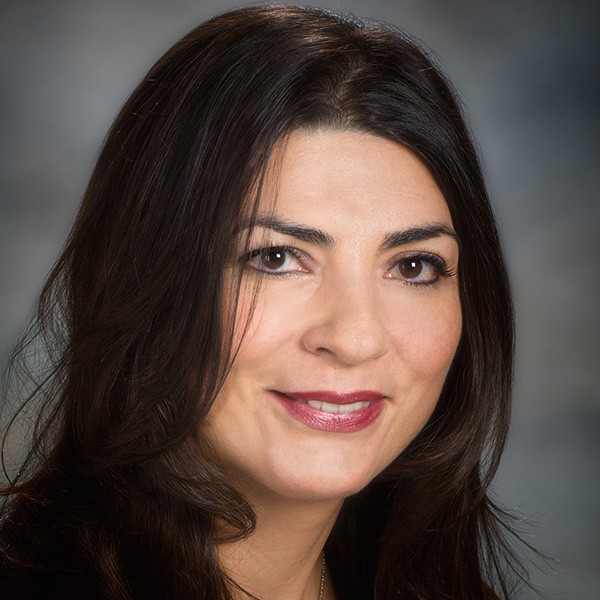Research at MD Anderson
Scroll Ahead
Research with one goal: end cancer
At MD Anderson, some of the best minds in the world work in partnership with our patients to enable groundbreaking research to better treat and prevent cancer. Here, researchers have the freedom and support to follow a hypothesis and test new theories that can yield breakthroughs that transform the field and the lives of patients. Embedded in the fourth-largest U.S. city — and the most ethnically diverse — our teams work with our neighbors in the Texas Medical Center, the world’s largest medical center, and around the globe to advance our science and to serve our patients. From the first spark of an idea to its translation in our world-leading clinics, we remain invested and determined in our collective focus to end cancer.
Departments, Labs and Institutes
MD Anderson has many parts, including departments, labs and institutes, but the sum of those parts is ending cancer.
A sense of community

Katy Rezvani, M.D., Ph.D.
Professor, Department of Stem Cell Transplantation
Head, Institute for Cell Therapy Innovation and Discovery
There is a sense of community in terms of ‘let’s come together and develop treatments for our patients that could be life-changing.'
Research Highlights

A personal calling

Immune-rich pockets

Preventing cachexia

What causes chemobrain?

Building new models

Cancer neuroscience

Sugary drink risks

Novel tool
Research by the Numbers
$1.3B
invested in research
140
patents awarded to MD Anderson in FY25
1,579
clinical trials in FY25
MD Anderson's research and training are also aided by more than $217 million in NIH grant funding, which helps power our mission to end cancer.
View our NIH award summaryResearch Areas
Since 1941, MD Anderson has been home to some of the brightest minds across a variety of cancer research areas.
Resources
MD Anderson provides research tools and resources to fuel the discoveries of our scientists.
